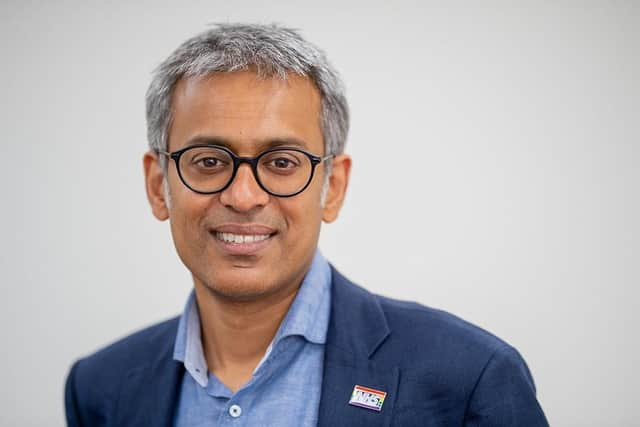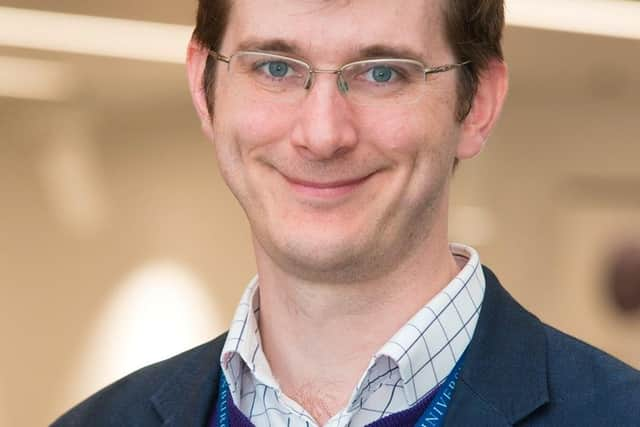£7 million 'precision medicine' research projects to combat some of Scotland's most serious health conditions
and live on Freeview channel 276
The precision medicine projects, which aim to tailor care to each patient depending on their genes, lifestyle and environment, will focus on multiple sclerosis (MS), liver conditions and intensive care.
Some areas of Scotland have the highest rates of MS in the world, while death rates from liver disease are 70 per cent higher than the UK average, and the chance of survival for ICU patients is just 60 per cent.
Advertisement
Hide AdAdvertisement
Hide AdThe three projects, run in partnership between NHS Lothian and Edinburgh University, will begin this year and recruit participants from across Scotland.


The liver disease project will focus on cell therapies targeting the liver that are at different stages of development. The team believes they have a good chance of finding new treatments in the next five years, which could increase the chances of survival for patients.
The intensive care research will assess several time-critical precision medicine treatments, looking at their immediate impact and the longer-term effects on the patient, including quality of life and rates of re-admittance to hospital.
Professor David Hunt, a neurologist at Edinburgh University who will lead the research into MS, said all three projects were “hugely exciting” and could greatly improve outcomes for patients.


Advertisement
Hide AdAdvertisement
Hide AdThe MS research will involve precisely monitoring a patient’s condition, using blood tests to detect tiny amounts of brain proteins in the blood and advanced methods of analysing brain scans.
This information will then be made available to patients, so they can better adapt their treatment.
Existing monitoring methods are “very crude”, Prof Hunt said, which can prevent crucial early intervention.
“At the moment we're kind of looking at the top of the iceberg, and we want to use precision tests to detect what's going on under the surface,” he said.


Advertisement
Hide AdAdvertisement
Hide AdThere are a lot of treatment drugs available, but these could be better used, he said.
"What we really need is the tools to use those drugs more precisely,” he said, adding that it would be helpful for patients and doctors to know exactly what effect any particular drug was having.
He added: "We want to diagnose people and treat them as accurately as we can, early on in that condition, because we know that leads to better outcomes and reduced disability in the future.”
Jeanette Russell, from Edinburgh, welcomed the announcement.


Advertisement
Hide AdAdvertisement
Hide AdNow 55, she was diagnosed with MS seven years ago, after a two-year delay from the first onset of her symptoms.
She hopes the research will mean quicker diagnosis and more effective treatments for others with MS, especially young people.
While the MS study is not yet open to participants, Ms Russell has taken part in other trials.
“I do it for younger people,” she said.
“If you can catch MS early, get access to effective treatments and reduce the amount of disability for people, that would be absolutely awesome.”
Advertisement
Hide AdAdvertisement
Hide AdHealth secretary Humza Yousaf said the research had the potential to have a “real impact” on the quality of healthcare.
“This research will tackle health conditions of major importance in Scotland, including diseases that disproportionately impact those at risk of socio-economic disadvantage,” he said.
Comment Guidelines
National World encourages reader discussion on our stories. User feedback, insights and back-and-forth exchanges add a rich layer of context to reporting. Please review our Community Guidelines before commenting.
